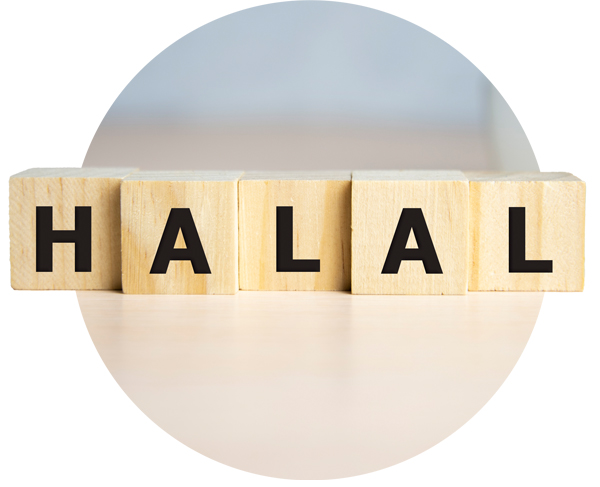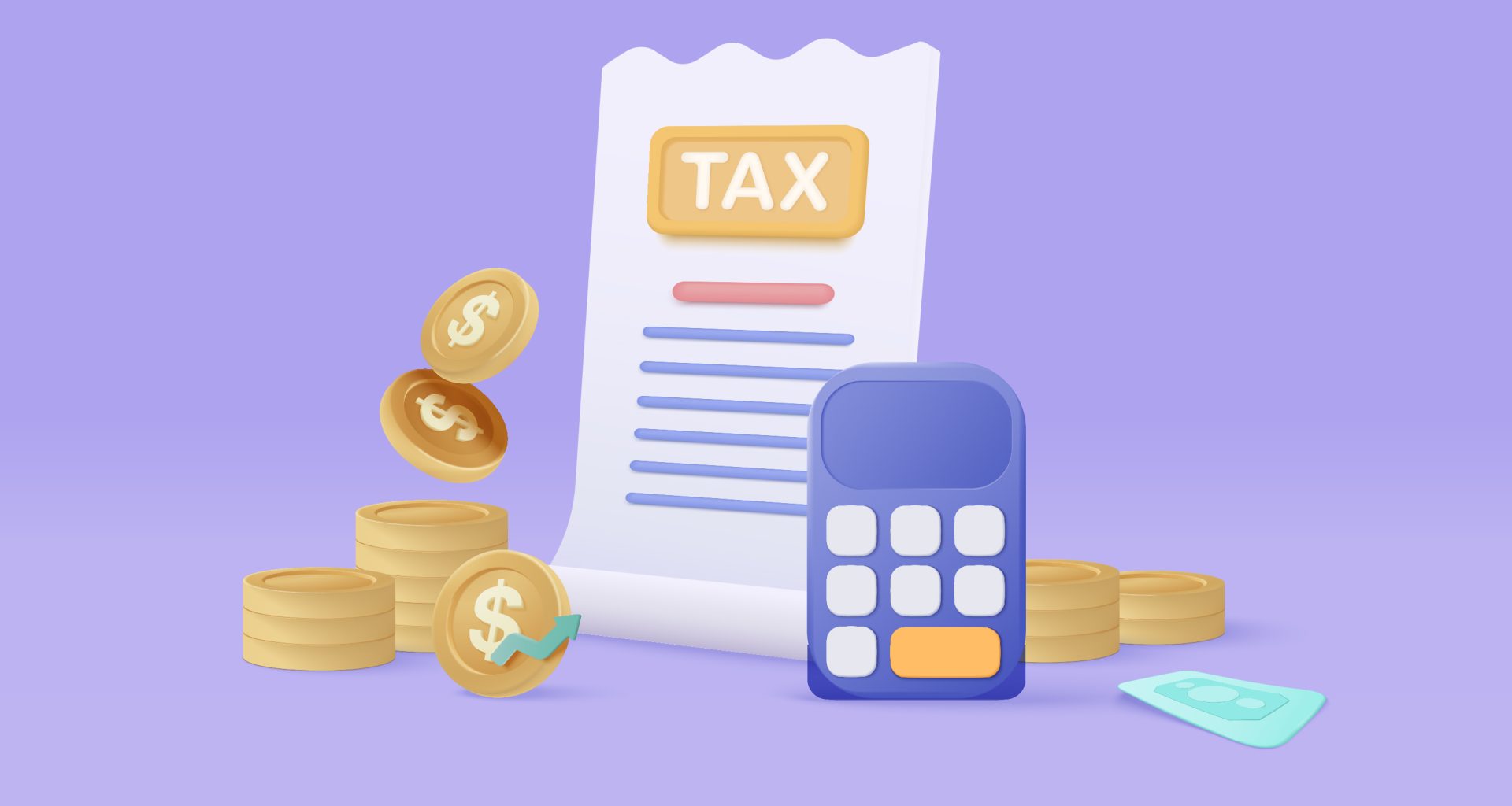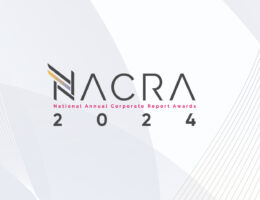Dr. Voon Yuen Hoong and Kathrina Lim Ching Wei
As a measure to encourage companies engaged in targeted business activities, the Malaysian government has introduced various tax incentives, including tax incentives in the form of double deduction for qualifying expenditures. Under this incentive, companies are eligible for a tax deduction of twice the amount incurred (i.e. 200% tax deduction of the qualifying expenditure).
This article highlights several categories of expenses that qualify for double deduction and sets out the conditions for claiming such an incentive. However, this is not meant to be an exhaustive list.
i. Sponsorship of scholarships to students

As part of corporate social responsibility (CSR) initiatives, companies may reach out to deserving students by sponsoring their university studies. Under this incentive, companies which are incorporated in Malaysia and providing scholarships to Malaysian students pursuing the following courses in an education institution in Malaysia on a full-time basis will be eligible for double deduction on the qualifying expenses incurred:
- Certificate in technical and vocational training;
- Bachelor’s degree;
- Master’s degree; or
- Doctor of Philosophy.
This incentive is open to companies from any industry or economic sectors and the scholarship agreement between the company and the student must be executed between 1 January 2022 and 31 December 2025¹. The other conditions include that the student does not have the means to support himself/herself, and that the household income of the student should not exceed RM10,000 per month.
Apart from tuition fees, the sponsor is also eligible to claim expenses on the student’s educational aids and reasonable living expenses incurred by the sponsor for the student throughout the period of study.
ii. Employment of Disabled Employees

In promoting another CSR initiative and to address the shortage of labour in the market, the Malaysian government encourages the employment of physically or mentally disabled individuals. Remuneration paid to certified disabled employees with a Disabled Person’s Card (or Kad OKU) qualifies for double deduction. This incentive started way back in YA 1982². The disabled employee must be certified in writing by the Department of Social Welfare as a disabled person. Starting from YA 2019³, the double deduction for employing disabled individuals has been expanded to include employees affected by accident or critical illness. To claim this deduction, the employer is required to obtain a certification from the Social Security Organisation (SOCSO) to certify that the employee is capable of working within his abilities.
It is noted that the remuneration given to the disabled employees only covers cash remuneration such as wages, salary, bonus, overtime payment, commission or monthly allowances. Therefore, any costs incurred by the company relating to non-cash benefits known as “benefits-in-kind” stipulated under Sections 13(1)(b) and (c) of the Income Tax Act, 1967 (“the Act”) do not qualify for double deduction⁴. Examples of common benefits-in-kind include provision of a company car, living accommodation, mobile phone, medical benefits, etc.
iii. Employment of Senior Citizens, Ex-Convicts, Parolees, Supervised Persons and Ex-Drug Dependents

Companies are incentivised to hire individuals from the following groups as their full-time employees:
- Senior citizens who are 60 years and above,
- Ex-convicts,
- Parolees,
- Supervised persons, and
- Ex-drug dependents.
A double deduction shall be given on the remuneration paid to the employees belonging to the above specific groups. The types of remuneration that qualify for double tax include wages, salary, remuneration, leave pay, fee, commission, bonus, gratuity, perquisite, or allowance (whether in money form or otherwise). The double deduction incentive which is subject to a cap of RM48,000 per employee (applies to employees with a monthly remuneration not exceeding RM4,000), is available to employers from YAs 2019 to 2025⁵.
It is noted that employers should maintain the required documents from the relevant authorities in proving that the employees belong to the specific groups that are eligible for the tax incentive. For example, a written confirmation from the Malaysian Prison Department should be obtained for employment of ex-convicts. As for ex-drug dependents, a letter from the National Anti-Drugs Agency is advisable. These documents are required to be produced by the employer if required during a tax audit to be conducted by the Inland Revenue Board (IRB).
Additionally, as announced in the Revised Budget 2023 (which has yet to be gazetted), the scope of the double deduction is expanded to include remuneration paid to inmates and ex-inmates of the Henry Gurney School under the Malaysian Prison Department, as well as protection and rehabilitation institutions and non-government care centres registered with the Department of Social Welfare. This expanded scope will be applicable from YAs 2023 to 2025.
iv. Provision of Child Care Centres

To support working parents especially women in the workforce, the Government encourages employers to provide childcare centres. The incentive comes in the form of double deduction on expenditures incurred by the employer related to the provision and maintenance of a childcare centre for the benefit of its employees, effective from YA 2013⁶. A condition imposed to qualify for such incentive is that the childcare centre must be registered with the Department of Social Welfare under the Child Care Centre Act 1984. The maintenance costs that are eligible for double deduction exclude those relating to capital expenditure, such as renovation cost for the childcare centre, furniture and equipment used in the childcare centre, etc. In addition, if the capital expenditure meets the requirements of a qualifying capital expenditure under Schedule 3 of the Income Tax Act 1967, such costs may be eligible for capital allowances.
If the company does not provide childcare facilities but instead provides childcare allowances to employees, the childcare allowances given will also qualify for double deduction.
v. Halal Certification, Quality Systems and Standards Certification

There are many benefits for companies to obtain quality certification for their products or services. Obtaining quality certification offers numerous benefits, including improved credibility, increased market opportunities, operational excellence, and enhanced customer satisfaction. It is a strategic investment that can drive long-term success and help organizations maintain a competitive advantage in their industry. These quality certifications include ISO certifications, Halal certifications, etc.
The costs associated with obtaining quality certifications can vary depending on several factors, including the size and complexity of the organization, the scope of certification, the chosen certification body, and the level of existing quality management system maturity. Examples of the associated costs include certification body fees, consulting fees, training fees and external audit fees. As such, companies need to ensure they provide sufficient budget for the expenses before embarking on such an exercise.
As an initiative to support Malaysian companies in obtaining quality certifications recognised internationally, the Malaysian government allows companies to claim double deduction on the costs incurred in obtaining quality certifications certified by accredited bodies. The claim can be made by the company in the year of assessment when the certificate is issued pursuant to Section 34(6)(ma) of the Act.
The certification must be obtained from an approved certification body recognized by the Malaysian government such as SIRIM QAS International Sdn Bhd, Moody International Certification, SGS (Malaysia), Jabatan Kemajuan Islam Malaysia (JAKIM), etc. The list of certification bodies may be revised from time to time and can be found from the IRB’s website.
vi. Provision of Structured Internship Programme (SIP)

Companies often participate in internship programs to train and prepare the future workforce in their industry as part of their corporate social responsibility (CSR) initiative. Training may be in the form of a structured internship program (SIP) that aims to provide a meaningful and valuable learning experience for interns, enabling them to bridge the gap between theory and practice, gain industry-specific skills, and make informed career decisions. According to TalentCorp Malaysia, “a Structured Internship Programme (SIP) is designed to equip undergraduates and Technical and Vocational Education and Training (TVET) youths with real working experience through quality internships.”
To incentivise more companies to offer SIP and enhance the employability of local graduates, a double deduction is granted for qualifying expenses. SIP refers to a program which is an organised and planned arrangement where students gain practical work experience in a specific field of their study. It is a formal program designed to provide participants with hands-on training, exposure to real-world work environments, and the opportunity to apply their theoretical knowledge in a practical setting.
There are several conditions for claiming this tax incentive. One of the requirements is that a SIP must receive approval from TalentCorp Malaysia. Secondly, the incentive is only available for employing Malaysian citizens pursuing a full-time diploma, Bachelor’s degree or Master’s degree; or a professional certificate program in higher educational institutions or full-time technical and vocational education and training programs (with a minimum Malaysian Skills Certificate Level 1)⁷ from YAs 2022 to 2025.
A company that offers SIP is eligible to claim double deduction on the following expenses:
- Monthly internship allowance paid to a student of Malaysian Skills Certificate Level 1 to 4 or diploma level or its equivalent, of not less than RM500 per student;
- Monthly internship allowance paid to a student of Malaysian Skills Certificate Level 5 or Bachelor’s Degree or Master’s Degree or its equivalent, or professional certificate level, of not less than RM600 per student;
- Expenditures incurred for providing training to the students, digital and communication costs, meals, travel and accommodation for the students during the internship program, subject to a maximum of RM5,000 per YA.
Conclusion
Tax incentives, in the form of double deductions, provided to companies aim to encourage corporate spending in areas that benefit both the companies and the nation. This creates a win-win situation for businesses and the government. Notably, expenditures on initiatives such as creating employment opportunities for the disabled, ex-convicts, senior citizens, and establishing childcare centres can address workforce shortages for employers while improving the social welfare system. Additionally, sponsoring scholarships for students and offering structured internship programs contribute to developing future talents for both industries and the nation. Furthermore, investments in quality certification aim to strengthen and enhance the competitiveness of Malaysian businesses. However, it is important to note that strict conditions must be met in order to qualify for double deduction benefits. It is advisable to seek guidance from a tax consultant to ensure compliance with all relevant prerequisites when claiming this tax incentive.
¹ Income Tax (Deduction for the Sponsorship of Scholarship to Malaysian Student Pursuing Studies at Technical and Vocational Certificate, Diploma, Bachelor’s Degree, Master’s Degree or Doctor of Philosophy Levels) Rules 2022 [P.U.(A) 49/2022]
² Income Tax (Deductions for the Employment of Disabled Persons) Rules 1982 [P.U.(A) 73/1982]
³ Income Tax (Deductions for The Employment of Disabled Persons) (Amendment) Rules 2019 [P.U.(A) 204/2019]
⁴ Public Ruling No. 3/2019, Business Expenses in respect of Disabled Person
⁵ Income Tax (Deduction for Employment of Senior Citizen, Ex-Convict, Parolee, Supervised Person and Ex-Drug Dependant) Rules 2019 [P.U. (A) 164/2019] and Income Tax (Deduction for Employment of Senior Citizen, Ex-Convict, Parolee, Supervised Person and Ex-Drug Dependant) (Amendment) Rules 2021 [P.U.(A) 47/2021]
⁶ Income Tax (Deduction for the Provision of Child Care Centre) Rules 2013 [P.U. (A) 15/2013]
⁷ Income Tax (Deduction for Expenditure Incurred for Provision of Approved Internship Programme) Rules 2019 [P.U.(A) 398/2019] and Income Tax (Deduction for Expenditure Incurred for Provision of Approved Internship Programme)(Amendment)
Rules 2023 [P.U.(A) 188/2023]
This article was written by Dr. Voon Yuen Hoong, Tax Executive Director, Crowe Malaysia and Kathrina Lim Ching Wei, Tax Director, Crowe Malaysia.






